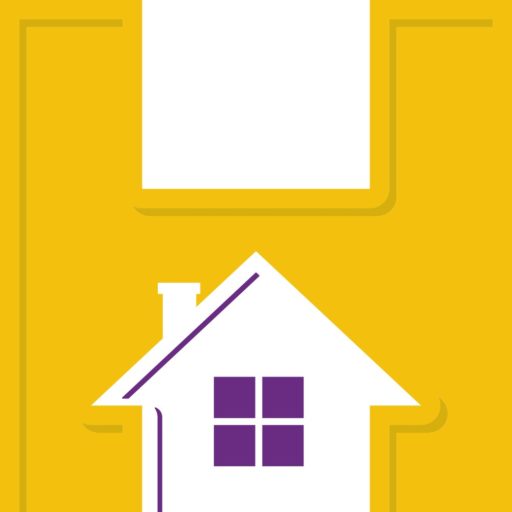Victim blaming is seen in many situations, whether in instances of crime, poverty, or abuse. One example of victim blaming that often appears is in cases of domestic violence. These circumstances cause women to be silenced by their abusers. It’s important to note the damage that can be done by putting the blame on women in peril who may still be under the spell of their abuser–women who are especially unable to stand up for themselves.
Understanding why victim blaming occurs starts by taking a minute to understand the psychology behind this way of thinking. Much of this can be explained by what is called the “just-world bias.” Seeing innocent people get hurt without any sense of why causes our brains to want to find a reason. Someone receiving punishment must have done something to deserve it. This is because our brains crave patterns and prefer to think of the world as fair. When someone is treated cruelly without deserving it, our brains find this hard to believe. It creates a feeling of threat–if people can be treated unfairly, then it could happen to anyone. Victim blaming is a defense mechanism. [1]
“In essence, if people can find a reason why abuse is the victim’s fault, then abuse is something that can not only be controlled but prevented. And, in turn, it won’t happen to them.” [2]

How to Avoid Victim Blaming
- Challenge victim blaming statements.
If you hear someone engaging in victim blaming behavior, do not express agreement with their remarks or with an abuser’s excuses. Hold people you know to be abusive accountable for their statements or behaviors. [3] - Don’t question victims.
Survivors know themselves better than anyone else. They do not need advice, solutions, or an interrogation. All they need from you is your support and willingness to listen. Offer kindness instead of questioning the validity of their experience. [3] - Don’t be accusatory.
Asking victims of domestic violence questions like “what did you say to make him mad”, “what were you wearing that night”, or “what did you do wrong” can lead victims to blame themselves, staying trapped in a cycle of shame. Avoid asking questions like this and acknowledge that someone failing to avoid abuse does not need to be questioned. It is not the victim’s responsibility. - Know frequent misconceptions.
There are tons of misconceptions born of the just-world bias. Knowing the truth about these can equip you to be a more caring, understanding supporter of survivors.
Clearing Up Common Misconceptions
“She/He wanted it.” No one in their right mind asks for rape, abuse, or violence. This form of victim blaming stops short of not listening to the victim at all. [4]
“It wasn’t [the abuser’s] fault – he/she didn’t know it was wrong.” Consent is consent. Violence is violence. Abuse is abuse. This type of rationalization can often silence victims from speaking up and seeking safety. Because they feel like their situation may not be serious enough to report, they keep silent. [4]
“She/he is lying.” The best research estimates false reporting rates lie between 2-5%. That means 95-98% of reports are not false. [4]

Though these examples may not reflect all experiences, there is a good chance that you or someone you know has been affected by similar generalizations. Whether you are currently struggling, in recovery, or know someone who needs support through their own healing journey, knowing the psychology behind victim blaming and the ways we can overcome the problem is extremely important.
If you are a victim, or you think you may know someone who is, do not be afraid to reach out for help. Though only a battered woman can decide if/when to take action, information and resources can go a long way.
Resources & support for anyone affected by DV &/or relationship abuse:
Call/Chat 24/7/365 | 1-800-799-7233 | 1-800-787-3224 (TTY) | Español Chat 12-6PM
Hotline advocates are available at 1-800-799-SAFE and through online chatting at www.TheHotline.org
Related articles: Recognizing Signs of Abuse, How to Get Help if You are a Victim of Abuse, How to Recognize an Abuser, Why Therapy is Important for Trauma Survivors.
Written by Brooke Smoke, blogger at Safe Harbor International Ministries
References:
- https://www.theguardian.com/us-news/2018/feb/27/victim-blaming-science-behind-psychology-research
- https://www.domesticshelters.org/articles/identifying-abuse/why-so-many-are-quick-to-blame-victims-of-domestic-violence
- http://stoprelationshipabuse.org/educated/avoiding-victim-blaming/
- https://orgs.law.harvard.edu/halt/how-to-avoid-victim-blaming/


0 Comments